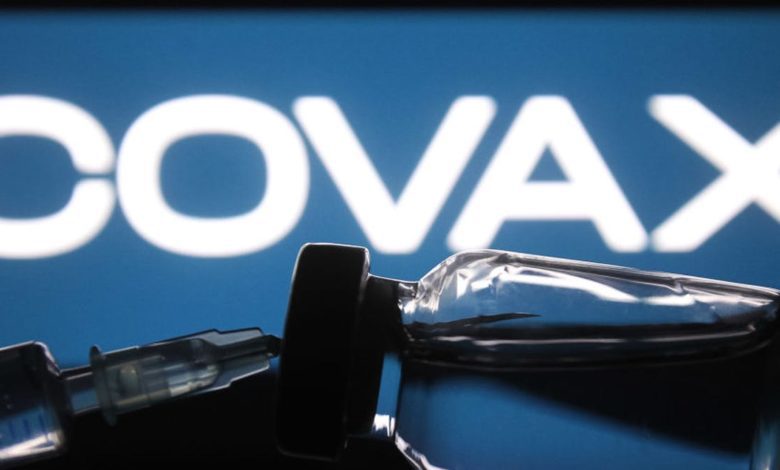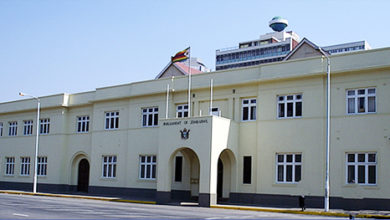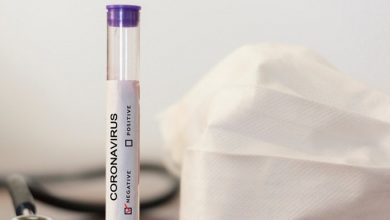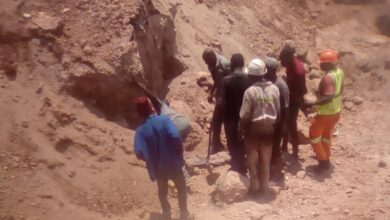COVAX reduces vaccine supply to Africa due to export bans and regulatory delays

COVAX, the only global initiative working with governments and manufacturers to supply ‘life-saving’ Covid-19 vaccines to both higher-income and lower-income countries, is reducing its vaccine supplies to Africa due to export bans, challenges in scaling up production and regulatory delays for other vaccines.
This will see COVAX cutting down the number of Covid-19 vaccines set aside for Africa by over 100 million doses, which will affect vaccine rollout in the continent as most African countries initially received their vaccines via COVAX, largely from the Serum Institute of India, the world’s biggest vaccine maker.
According to COVAX, the global picture of access to Covid-19 vaccines is “unacceptable, as only 20 percent of people in low- and lower-middle-income countries have received a first dose of vaccine compared to 80 percent in high- and upper-middle-income countries.”
COVAX started a year ago with support from the international community and immediately began securing financing, entering into negotiations with vaccine developers, manufacturers and addressing the host of technical and operational challenges associated with rolling out the “largest and most complex vaccination programme in history.”
In a statement, COVAX said so far, more than US$10 billion has been raised; legally binding commitments for up to 4.5 billion doses of vaccine while 240 million doses have been delivered to 139 countries in just six months.
But, COVAX lamented that much of the early global supply of vaccines had already been bought by wealthy nations even though they were signing on participants, pooling demand and raising enough money to make advance purchases.
“Today, COVAX’s ability to protect the most vulnerable people in the world continues to be hampered by export bans, the prioritisation of bilateral deals by manufacturers and countries, ongoing challenges in scaling up production by some key producers, and delays in filing for regulatory approval,” said the facility.
“According to its latest Supply Forecast, COVAX expects to have access to 1.425 billion doses of vaccine in 2021, in the most likely scenario and in the absence of urgent action by producers and high-coverage countries to prioritise COVAX.”
Of these doses, approximately 1.2 billion will be available for the lower-income economies participating in the COVAX Advance Market Commitment (AMC).
“This is enough to protect 20 percent of the population, or 40 percent of all adults, in all 92 AMC economies with the exception of India. Over 200 million doses will be allocated to self-financing participants. The key COVAX milestone of two billion doses released for delivery is now expected to be reached in the first quarter of 2022,” COVAX said.
In addition to working closely with participating governments to make sure the conditions are in place on the ground to facilitate successful rollout of vaccines, COVAX and its partners call on donors and manufacturers to recommit their support, and prevent further delays to equitable access by making sure the following are done:
“Manufacturers deliver to COVAX in accordance with firm commitments and provide transparency on timelines for availability to COVAX to allow countries to plan in advance.
“Where countries are ahead of COVAX in manufacturer queues, and already have achieved high coverage, to give up their place in the queue to COVAX so that its participants can access the doses already secured via supply contracts and deliver vaccines to where they are needed most.
“Expand, accelerate, and systematise dose donations from countries that are already well advanced in their vaccination programmes. This includes ensuring doses are available in larger and more predictable volumes, with longer shelf lives – reducing the burden on countries trying to prepare for deliveries.
“As the Covid-19 pandemic continues to claim lives, destroy livelihoods and stunt economic recovery, we continue to emphasise that no one is safe until everyone is safe. There is only one way to end the pandemic and prevent the emergence of new and stubborn variants and that is by working together.”
INSERT:
Speaking on vaccine equity, Strive Masiyiwa, who leads the African Union’s vaccine procurement taskforce, said Africa wants to manufacture its own vaccines, and there must be intellectual property waivers for Covid-19 vaccines.
COVAX, the vaccines pillar of the Access to COVID-19 Tools (ACT) Accelerator, is co-convened by the Coalition for Epidemic Preparedness Innovations (CEPI), Gavi, the Vaccine Alliance and the World Health Organisation (WHO) – working in partnership with UNICEF as key implementing partner, developed and developing country vaccine manufacturers, the World Bank, and others.






